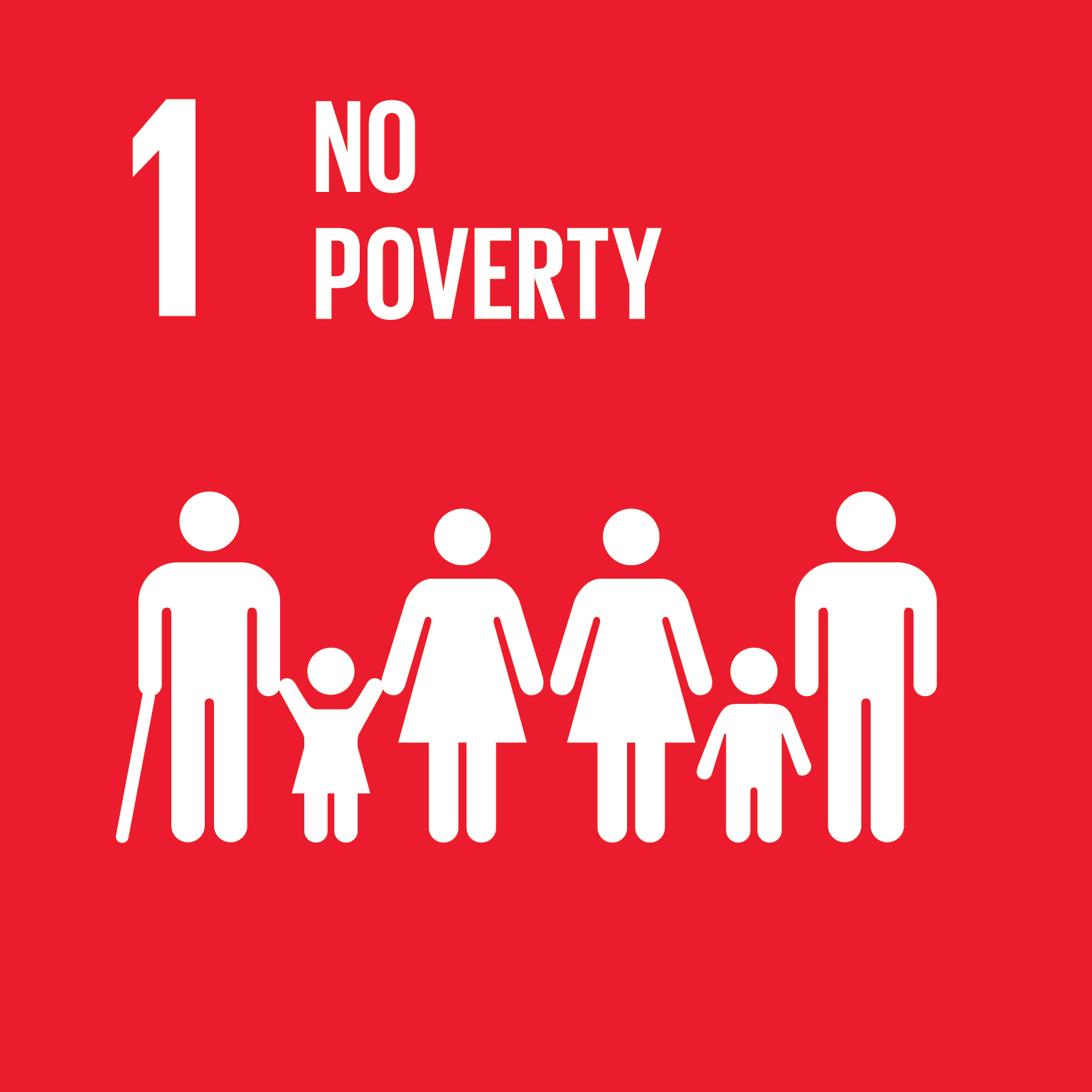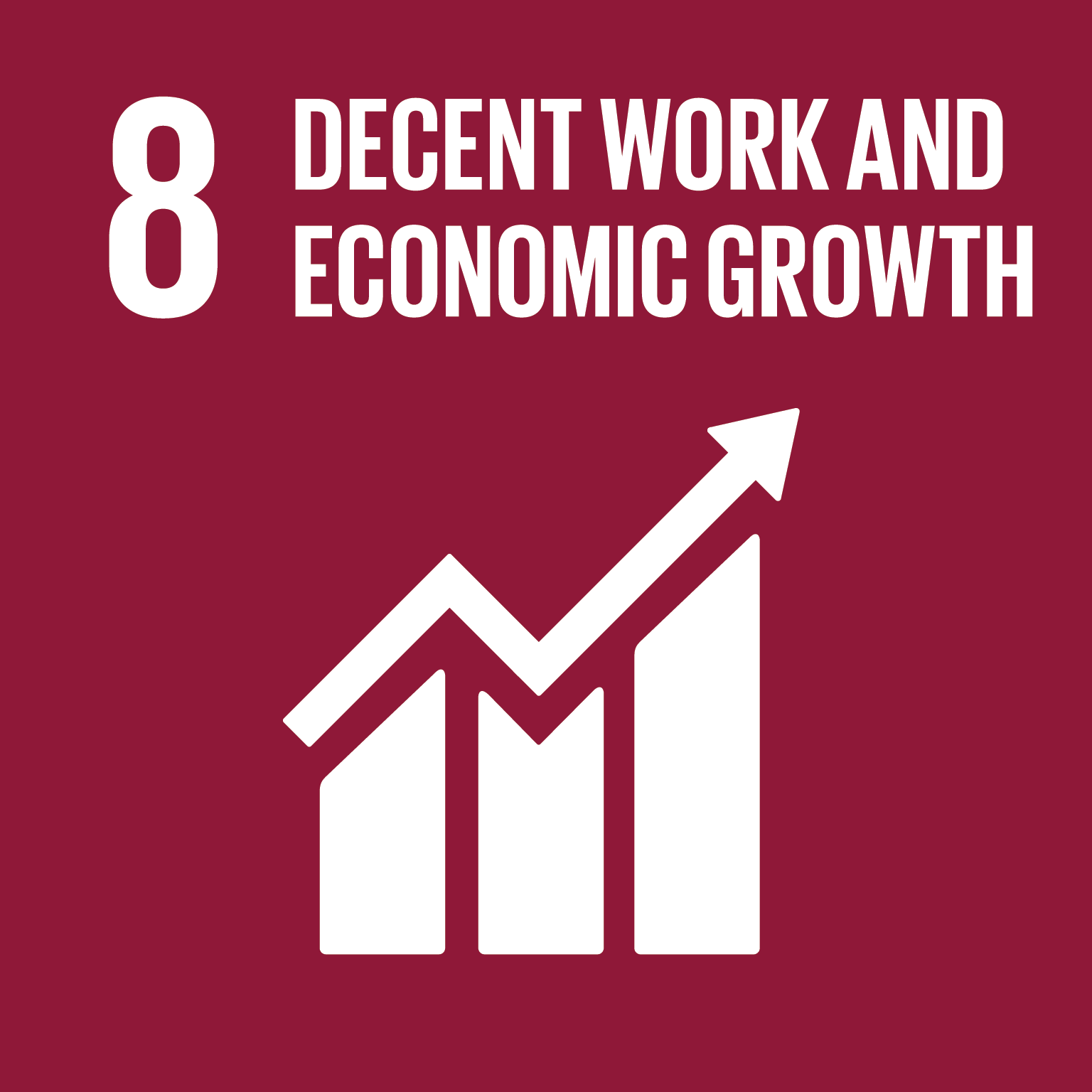Capacity Building on Tourism Development and Biodiversity Protection in West and Central Africa
Placing wildlife conservation at the core of tourism development
Challenges
The conservation and protection of biodiversity worldwide is a critical issue identified as SDG 15. The Africa region offers outstanding opportunities to experience wildlife tourism. However, the loss of its biodiversity through weak conservation policies and/or poaching will have a major impact on tourism development and the overall economy of several underdeveloped and developing countries of the Continent.1 The main acknowledged threats (e.g. waste management, water pollution and misuse of lands) are disrupting local biodiversity and thereby impacting the economic potential of the countries as tourism destinations.
Towards a Solution
By implementing capacity-building workshops in West and Central African countries, the United Nations World Tourism Organization (UNWTO)/Guangdong Chimelong Group Co., Ltd. (Chimelong) Initiative aimed to address environmental challenges related to tourism development within the regions.
Local tourism stakeholders and communities need to be part of the solution; appropriate awareness campaigns and training on environmental management and biodiversity protection should thus be undertaken.
On 19 May 2016, UNWTO and Chimelong signed a partnership agreement to establish the UNWTO/Chimelong Initiative, in which the parties agreed to work together towards achieving the SDGs through sustainable tourism with a particular focus on wildlife conservation.
As part of the UNWTO/Chimelong Initiative, a capacity-building workshop was organized. It includes a three-day training programme aimed at enhancing local tourism stakeholders’ biodiversity conservation and environmental protection awareness and skills. Its specific objectives are to motivate local people and tourism employees to act as champions of biodiversity conservation and environmental protection in the regions and to ensure sustained income generation for the local people as a result of tourism activities in the long term.
This workshop was replicated four times in West and Central African countries and benefitted six destinations within the region: Benin, the Congo, Gabon, Guinea, Niger, and Zimbabwe. One expert on sustainable tourism development and biodiversity protection was commissioned to lead and supervise all the technical and training inputs related to the activity.
The capacity-building workshop was designed above all to analyse, in a participatory manner, the main threats to biodiversity and the environment at a destination and, particularly, those caused by the activities of local people or enterprises. The expert thus provided guidance to local people who are employed or self-employed in the tourism sector on how to become champions for biodiversity conservation and environmental protection in their communities and enlighten tourism employees on how to contribute to environmental management (making optimal use of scarce natural resources) and waste management in their enterprises. The four workshops brought together 120 participants.
Following the success of the project, a regional seminar was organized in Kinshasa, Democratic Republic of the Congo to review the results achieved by each community after the workshop and the improvements needed for further replication of the project in Africa, Asia and the Pacific. The event brought together international and local participants from the four workshops held in 2017, together with key officials from Zimbabwe for a total of over 80 participants. Another project under the UNWTO/Chimelong Initiative is being implemented in Zimbabwe.
During the regional seminar, opportunities were identified to roll out the recommended approach to more destinations and protected areas in the region and to integrate the topic into the curricula of existing training institutes to build the capacity of a larger number of tourism employees.
The achievements following the workshop and the future projects planned in the five beneficiary countries include the following:
- Niger: Obtained funding from the Spanish Agency for International Development Cooperation (AECID); Installed 12 solar-powered street lights; Renovated the village water tower and installation of an automatic water pump; Renovated several communication/information billboards; Implemented a twice-weekly park cleaning by local villagers.
- Benin: Village Association Union provided training on environmental awareness for the management of the Fauna Reserves (AVIGREF) in five schools and in local communities; and AVIGREF provided a tour of the Benin W Park for 121 students and pupils from two schools (Alphakoara and Kandi).
- Guinea: Organized a two-day knowledge transfer session for the Tourism Ministry cabinet; and, Planned and budgeted a training session to be held in late 2018 (100 people in the four different regions).
- Democratic Republic of the Congo: Implemented the workshop?s training ideas and concepts to national agro-tourism project: compost, water consumption, waste management, agro- tourism and participative tourism etc.; and, Organized environmental awareness sessions.
This regional seminar provided an opportunity to bring together all the relevant national authorities involved in the UNWTO/Chimelong Initiative. Subsequently, the Kinshasa Declaration was drafted to encourage a commitment to biodiversity conservation and environmental protection in West and Central Africa. The Ministers of Tourism of Gabon, Niger, Benin, Guinea, Zimbabwe and the Democratic Republic of the Congo all read the official statement and demonstrated a keen interest in fulfilling the listed commitments.
Solid opportunities exist to replicate the seminar in other tourism destinations that face challenges in the area of biodiversity conservation and environmental protection. Some seed funding would be needed to cover the costs of a trainer. Local tourism stakeholders should show a commitment to enabling key staff members to attend so that they could become future champions of biodiversity conservation and environmental protection. If necessary, the training manual would need to be adjusted slightly to meet the environmental challenges of the destination (UNWTO already has a manual for coastal destinations and one for game parks.) If more seminars are to be held in a country, it would be useful to first organize a ‘train the trainers’ seminar, so as to have a pool of trainers available to deliver the training. If possible, it would be advantageous to hold the seminar within the broader context of a project that addresses sustainable tourism development and/or environmental protection, so that the lessons learned from the seminar can be implemented directly within that larger project.
Contact Information
Mr. Jaime Mayaki, Deputy Director for Africa Department, World Tourism Organization (UNWTO) | Mr. Marcel Leijzer, Project Manager for Technical Cooperation and Services, UNWTO
Countries involved
Benin, Congo, Gabon, Niger
Nominated By
China Institute for South-South Cooperation in Agriculture (CISSCA)
Supported By
World Tourism Organization (UNWTO); Guangdong Chimelong Group
Implementing Entities
World Tourism Organization (UNWTO); Guangdong Chimelong Group
Project Status
Completed
Project Period
2017 - 2022
Sectors
Capacity Building
Primary SDG
15 - Life on Land
Secondary SDGs
08 - Decent Work and Economic Growth, 12 - Responsible Consumption and Production, 13 - Climate Action
Primary SDG Targets
15.1 15.5 15.6 15.7 15.8 15.9 15.aSimilar Solutions









